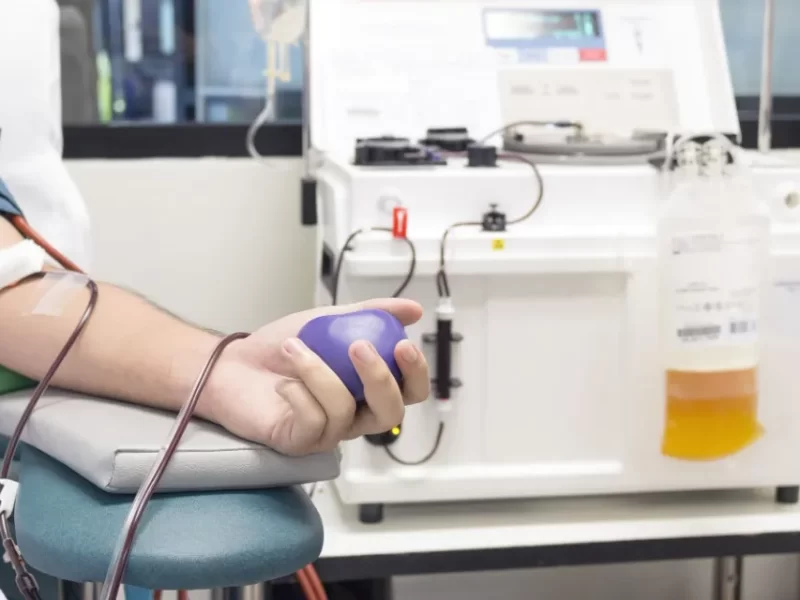An effective legal tool, a power of attorney ensures that in the event you are unable to manage your finances, health, or personal affairs yourself, they will be handled by a trustworthy person. So, does a power of attorney expire? Yes, you can learn more about powers of attorney by reading this article.
Power Of Attorney
A power of attorney (POA) is a legal document that enables one person (the agent) to legally handle matters on behalf of another person (the principal). There are five different kinds of power of attorney, depending on the length of the arrangement and the level of authority granted to the agent:
- General—The agent has full authority to handle everyday legal and financial matters in the principal’s name
- Limited (special)—This document gives the agent powers to act on behalf of the principal for a specific period or on particular matters
- Durable—It continues to be in effect or becomes effective once the principal is no longer capable of making decisions for themselves
- Medical—This document grants the agent power to make medical decisions on behalf of the principal
- Springing—It has to be triggered by a specific event to become effective, for example, when the principal becomes incapacitated
Features Of Power Of Attorney
The principal and agent’s names and addresses are listed in a power of attorney. The document specifies the agent’s authority, which is subject to the wishes of the principal.
Depending on the type of form and the instructions provided, the principal writes his initials next to the powers he is granting or next to the powers he does not want to grant; depending on the form type.
The power of attorney must typically be signed by the principal in the presence of a notary public.
A limited power of attorney places restrictions on the agent’s ability to act, while a general power of attorney grants the agent a wide range of authority. A limited power of attorney is only valid for the purposes specified on the document, even though it has no set expiration date.
Revocation Of Power Of Attorney
When the principal revokes the power of attorney by signing a revocation document, that is one way the power of attorney comes to an end. Usually, the agent and other individuals with the power of attorney on file will receive this notice.
The notice informs the agent that the principal will revoke the power she granted on a given date. The powers cease to exist on the due date, and the agent is no longer permitted to represent the principal in any further situations.

Revocation Of Power Of Attorney
When the principal revokes the power of attorney by signing a revocation paper, that is one way the power of attorney comes to an end. Typically, the agent and other individuals with the power of attorney on file will receive this notice.
The notice informs the agent that the principal will revoke the power she granted on a given date. The powers cease to exist on the specified date, and the agent is no longer authorized to represent the principal in any further situations.
Death And Incapacitation Clauses
A power of attorney is intended to grant the agent the authority to make decisions on the principal’s behalf while the principal is still alive. Therefore, once the agent learns of the principal’s passing, all powers of attorney—regardless of their type—expire automatically.
A power of attorney must typically be given when the principal is mentally capable and it expires when the principal is rendered incapable.
Nevertheless, a “springing power” does not take effect until the principal becomes incapacitated, whereas a “durable power of attorney” does. Some states assume that powers of attorney are permanent unless they expressly state otherwise.
Does A Power Of Attorney Expire
All powers of attorney have an expiration date, depending on the type. For more information, see the table below:
General Power Of Attorney
As long as the principal is still alive, mentally competent, or otherwise capable, general powers of attorney are valid. The agreement is null and void in the event of the principal’s demise or incapacitation.
Limited Power Of Attorney
A limited power of attorney terminates when the tasks outlined in it have been completed or within the time frame specified by the contract.
A Durable Power Of Attorney
A durable power of attorney is only null and void upon the death of the principal because it is only effective once the principal is no longer capable of acting on their own behalf.
A Medical Power Of Attorney
This document can grant someone the power to make all medical decisions regarding the principal, even those that could result in death. The power of attorney (POA) may end when the principal:
- Dies
- Is no longer in need of medical care
Springing Power Of Attorney
The springing power of attorney expires when the principal dies because it typically doesn’t go into effect until the principal is rendered incapable.
Final Thoughts
The authority of an attorney may expire. But before signing a power of attorney or even considering acting as someone else’s agent, it is crucial to research and comprehend the various aspects of one as with any legal matter.
If you want to know whether your siblings who have the power of attorney can prevent you from seeing an elderly parent, please click here.



